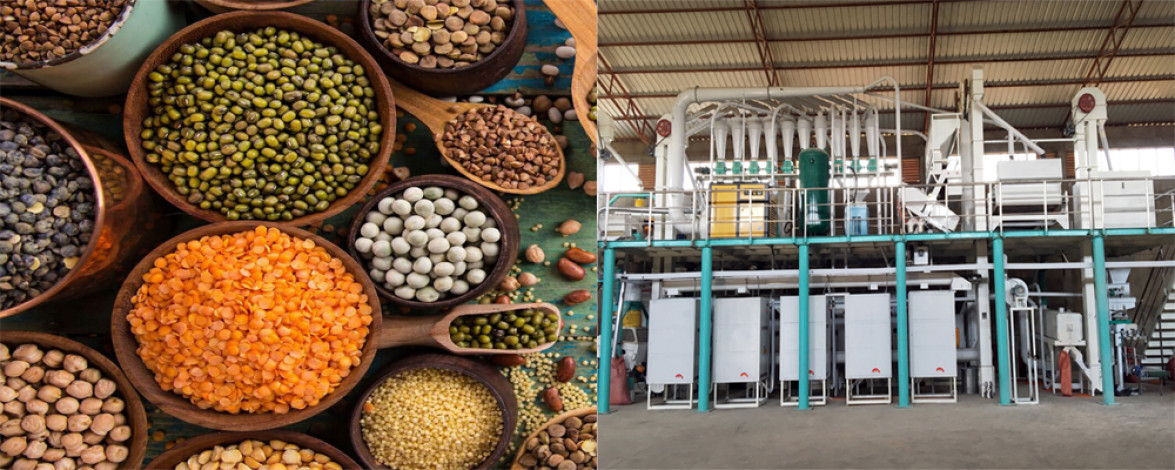
File Photo
Baneshwar is a union headquarters in Puthia Upazila of
Rajshahi. In the last 40 years, about 250 pulse mills have been built at this
union headquarters. According to traders, this one area once supplied nearly 60
percent of the country's demand for various types of pulses. Because of this, Baneshwar
Sadar became the unwritten capital of Dal. Since 2017, the business of that
pulse has collapsed in the capital. Hundreds of mills have been closed in the
last five years.
Talking to the businessmen of the area, it is known that at
one time, around 6000 people were employed in the 250 mills of this area. Apart
from this, 11 branches of public and private banks were also established in an
area of about half a kilometer around this business. Daily transactions in a
small area were about four crore rupees. Therefore, the industrially backward
people of the northern region dreamed of rapid industrialization based on these
dal mills. But that dream has now turned into a nightmare. Hundreds of mills
have been shut down in five years and many businessmen have gone bankrupt and
gone into hiding. Local traders say that a large part of the pulse market is
now dependent on imports. Because of this, many businessmen have lost their
ability to survive in the competition. Altogether there are about 150 mills in
operation now. 80 percent of them are again burdened with debt.
About the beginning
In the early eighties, Abdul Hamid first started a pulse mill on a small
scale in Hat Shibpur village of Baneshwar union. Seeing him, a man named Satish
also started another mill in Baneshwar market. They did good business for the
first few years of the mill. Later many others joined this business. At one
stage of this, Abdul Hamid's son Inamul took over his father's business. But
unable to survive the competition, Inamul closed the business 10 years ago. And
a man named Satish sold his mill. Not only that, he had the best place in
Baneshwar Bazar. He sold that too.
Local businessmen say that this business expanded widely
around 1990. In the next 10 years, this business reached its highest level.
Baneshwar was already known as a business center in the northern part of the
country. Jute and other agricultural products were traded in this area. Seeing
the good business of the dal mill, other businessmen also started dreaming about
dal mill. Many are involved in the pulse business. Till 2007 pulse business in this
area is going fairly well. At that time, 60 percent of the country's demand for
pulses was supplied from Baneshwar. About four crore rupees were traded in a
day.
Traders said that the pulses business in Baneshwar has expanded mainly due to the easy supply of raw materials. Locally, there was good lentil cultivation in this area. This lentil mill was used. Besides, lentils of the same variety used to come from India through Charghat and Bagha borders. Then the production cost of pulses was low. Now in Baneshwar, lentils are not cultivated as before. Even on the border route from India, lentils do not come to this area. As a result, the mills that are operating now, are surviving on mung beans. 70 percent of the mung beans of these mills come from Barisal.
Comment Now